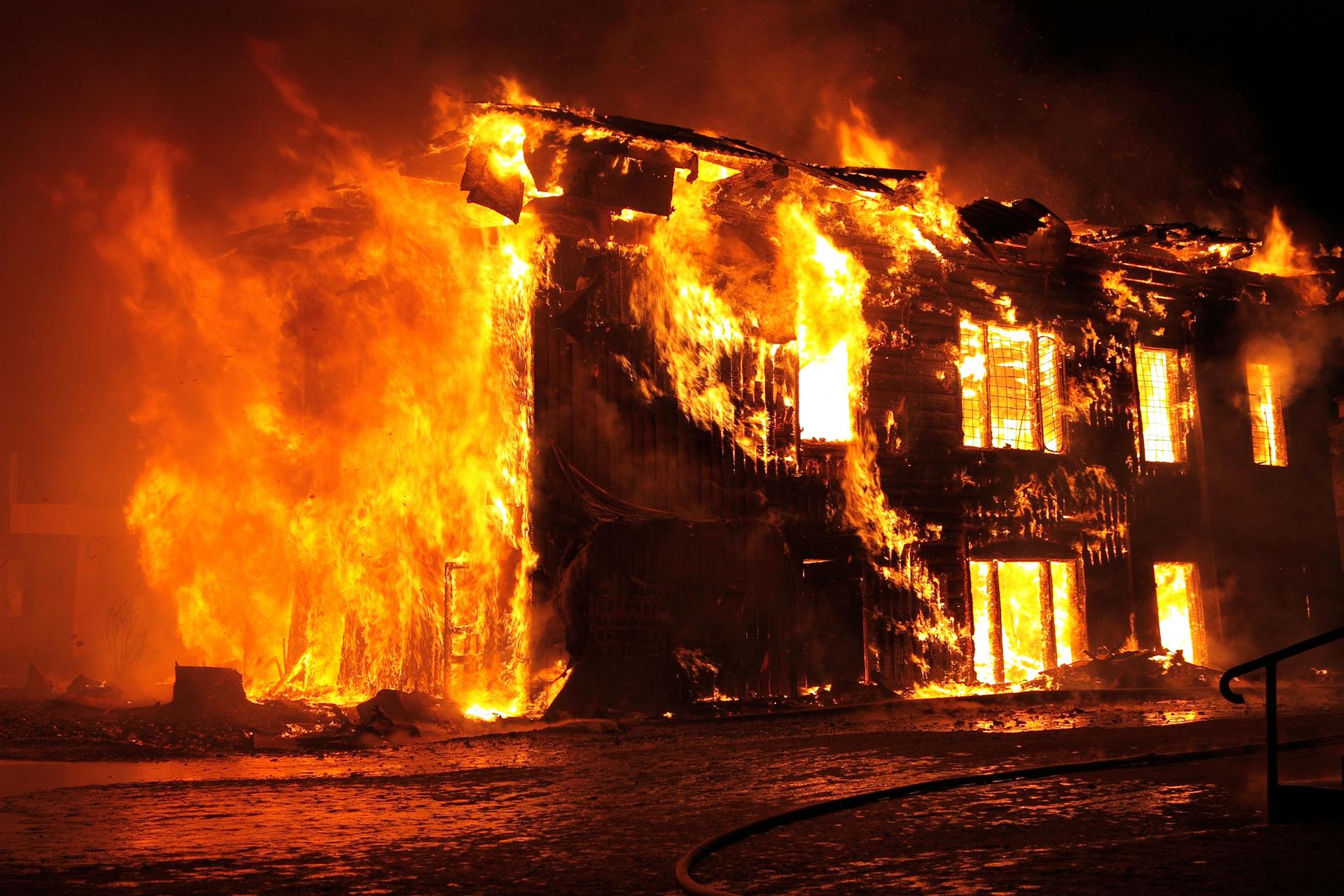Rechargeable Batteries Fire Risk

Lithium batteries are everywhere these days because they offer a lot of advantages over older battery types. They’re lightweight, charge quickly and have a high energy density. This means they can power devices for longer without making them bulky. That makes them ideal for everything from smartphones and laptops to electric scooters/bikes and power tools. Plus, they’re rechargeable and have a relatively long lifespan. Making them more cost-effective in the long run. The downside? they can be sensitive to overheating or damage. Which is why you sometimes hear about fire risk safety concerns.
Case Study
A third floor flat in a six-storey building was destroyed by the fire. One man was rescued from the building by firefighters using a fire escape hood due to the toxicity of the fire. Around 30 people were evacuated from the building by the Metropolitan Police Service.
The fire is believed to have been accidental and caused by the catastrophic failure of a lithium battery pack for an e-bike that was on charge. Occupants of the flat where the fire started used both electronic bikes and scooters for their employment and several lithium batteries were either stored or on charge.
Here Are Some Tips Recommended By The London Fire Brigade To Mimimise Fire Risk
Use the right charger – Always use the charger that came with the device or a manufacturer-approved one. Cheap, non-branded chargers can be risky.
Avoid overcharging – Unplug devices once fully charged to prevent overheating and reduce battery strain.
Don’t charge on flammable surfaces – Avoid charging on beds, sofas or under pillows where heat can build up.
Watch the temperature – Keep devices away from direct sunlight or extreme cold while charging.
Look for warning signs – If a battery is swelling, overheating or emitting a burning smell, stop using it immediately.
Avoid physical damage – Dropped or punctured batteries can become dangerous, so handle devices with care. Batteries can ignite several days or weeks after the initial damage has occurred.
Never charge unattended or while asleep – If something goes wrong, you need to be able to act quickly.
Avoid charging in escape routes – Hallways and doorways should stay clear in case of an emergency. If possible, charge/store outdoors or in a shed but if this isn’t possible, make sure it’s in a room where you can shut the door and contain the fire.
We hope you find this useful as we don’t want any unnecessary risks being taken but having household insurance does give you peace of mind should the worst happen.
Through our relationships with the UK’s leading insurers, we can provide great rates on your home insurance including both home contents and buildings insurance so why not get in touch with the David J Miller team today and let’s see what we can do!



